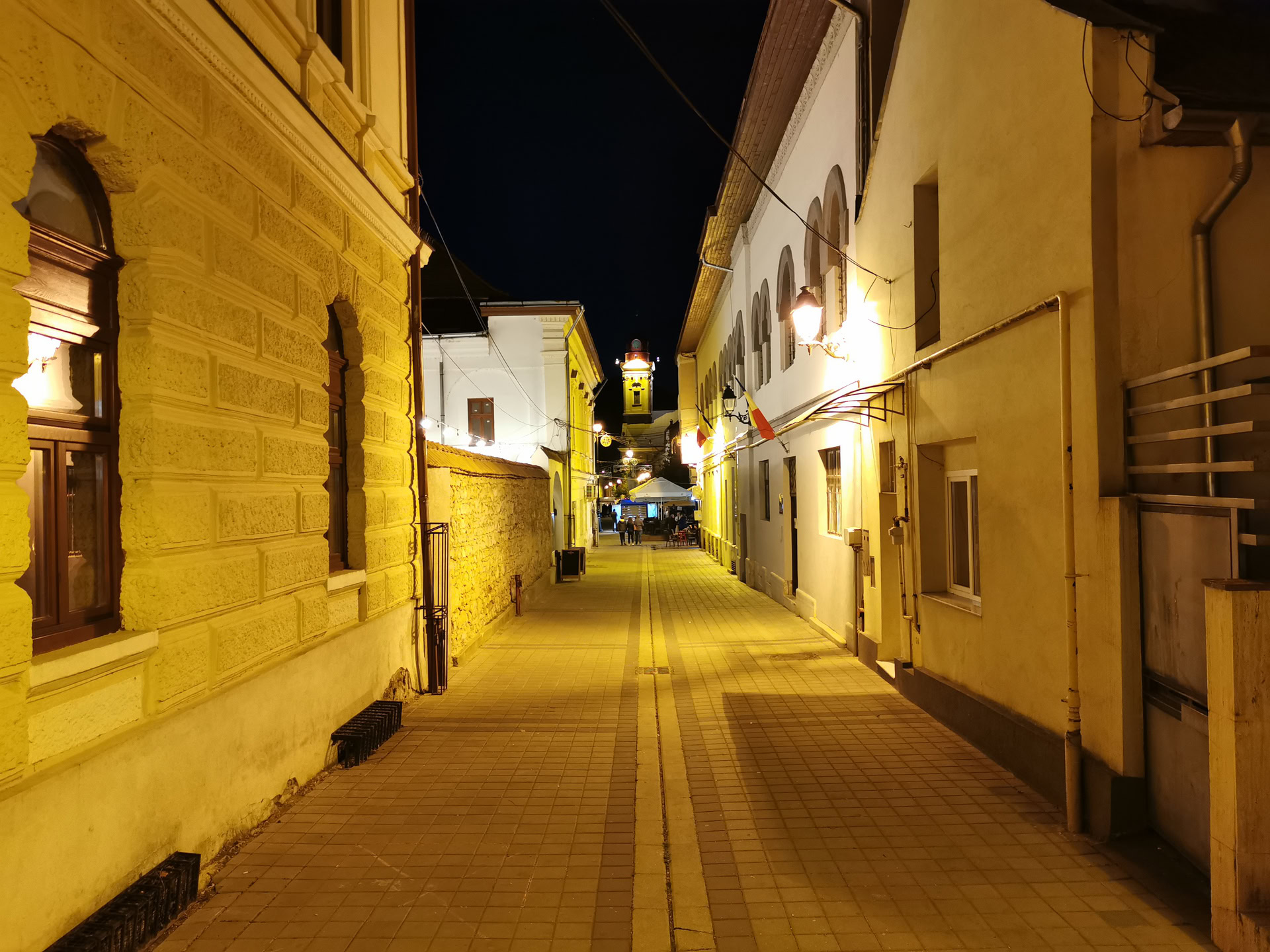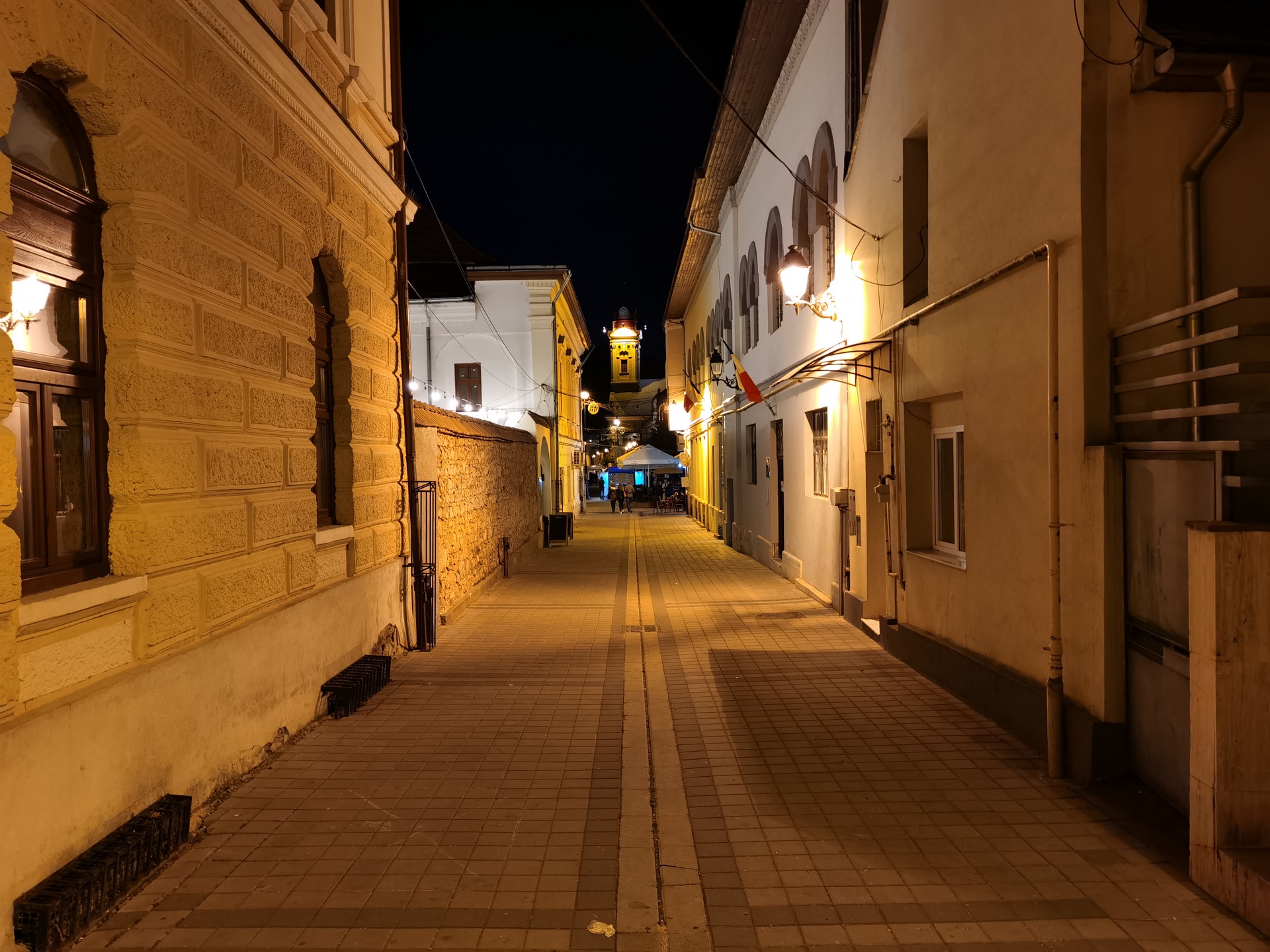
The boffins in the DxOMark labs have been busy putting the Huawei Mate 30 Pro’s new camera through its paces. Surprise surprise, Huawei’s latest huge 40MP camera sensor regains the crown for the Chinese manufacturer. In total, the Mate 30 Pro scores 121 points in DxOMark’s camera test, a full four points higher than the Galaxy Note 10 Plus 5G. Four points is a big deal in DxOMark speak. The phone also scores 100 for video, putting it right behind the high score of 101.
In its breakdown, DxOMark notes a few particularly strong points for the Huawei Mate 30 Pro. Overall exposure is apparently excellent, as is the phone’s zoom capabilities and its ability to take pictures at night. The review also highlights a major overhaul of Huawei’s processing software, resulting in superior results compared to the already excellent Huawei P30 Pro.
Also read: 72 hours with the Huawei Mate 30 Pro: It’s growing on me
If the Mate 30 Pro has any weaknesses, the selfie camera still isn’t the best out there. It scores a 93 versus the Note 10 Plus 5G’s 99. Although the handset has made notable improvements to selfie video, HDR, and color that edge it closer to the top five. The phone also very rarely suffers from “green casting,” or a slightly green hue, in low-light shots. Its wide-angle camera, although scoring the best for detail, also isn’t quite as wide as the competition.
On balance, the Mate 30 Pro is the best mobile photography package around. After all, it scored first place in around 70 percent of all of DxOMark’s tests.
Changing things up from the P30 Pro

Despite featuring the same main camera hardware as the Huawei P30 Pro, Huawei has managed to notably improve image quality with the Mate 30 Pro. This comes about from changes to the processing chain that converts the RYYB sensor data to an RGB picture. Huawei has also implemented more advanced AI processing techniques this time around. The Mate 30 Pro offers exceptionally low noise and huge amounts of detail from its pixel-binned 40MP camera (shooting at 10MP). Sadly, DxO didn’t get around to testing the 40MP shooting mode yet.
The most notable changes produce improved color reproduction in HDR scenarios where the P30 Pro often appeared slightly washed out. As a result, the camera’s white balance is much improved also. We noted the same in our early review of the device, which you can see in our shot below.
 Huawei Mate 30 Pro Huawei P30 Pro
Huawei Mate 30 Pro Huawei P30 Pro

There is one major hardware change between the Huawei Mate 30 Pro and P30 Pro: the telephoto camera. The P30 Pro offers an industry-leading 5x optical zoom while the Mate 30 Pro falls back to a 3x optical zoom level. However, this change apparently results in a better overall experience.
At zoom levels between 2x and around 4x, the Huawei Mate 30 Pro takes the better looking pictures. I originally noted the P30 Pro’s zoom limitations below 5x when comparing the phone to last year’s P20 Pro. As expected, the P30 Pro remains the better shooter at 5x and beyond. However, improvements to Huawei’s AI super-resolution algorithms keep the Mate 30 Pro competent even at longer zooms. Ultimately most users are likely zooming between 3 and 5x, making the two phones quite comparable.
Finally, the new time-of-flight sensor used for bokeh effects has been improved as well. The new higher-resolution sensor, combined with depth information from multiple cameras, is more accurate than before, producing a more accurate blur. The camera can also accurately calculate depth even when zooming in, something that other cameras can’t do.
Huawei Mate 30 Pro camera: The best on the market
On paper, the Mate 30 Pro’s huge 40MP RYYB sensor, large wide-angle sensor, telephoto lens, and dual video sensor capabilities already made the handset a force to be reckoned with. It’s great to see this promise translate into excellent real-world results. With ever-improving software and post processing, Huawei appears to be making the most of its impressive hardware package.
We’re still busy putting the Huawei Mate 30 Pro through its paces, including testing out the camera in a wide range of scenarios. For now, DxOMark suggests this is the best mobile photography package available on the market. Particularly if you’re looking to shoot with the rear camera in low light, at a distance, or into experimenting with bokeh blur.
Ultimately it’s a shame that the handset is stuck without access to Google apps. Otherwise, mobile photography enthusiasts would probably find the Mate 30 Pro an irresistible purchase.
More posts about Huawei Mate 30 Pro
from Android Authority https://ift.tt/2ljPmcg













No comments:
Post a Comment